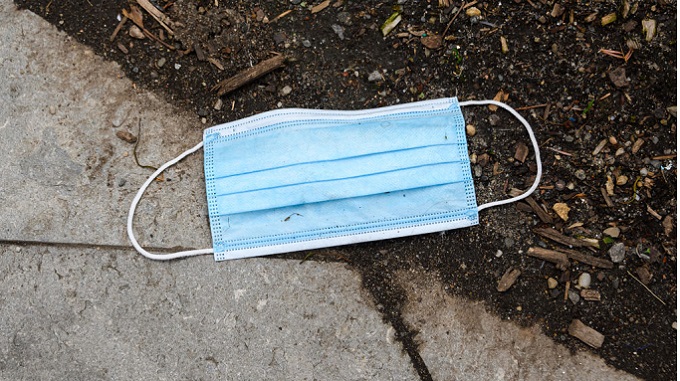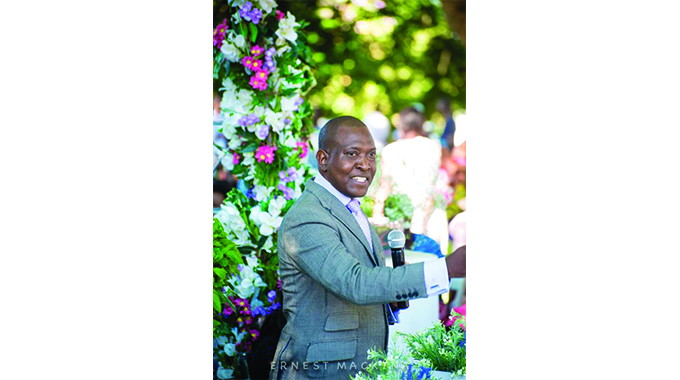LATEST: CCARDESA/GCCA project surpasses expectations in Zimbabwe

THE Climate Smart Technology project in Rushinga District in north-eastern Zimbabwe has surpassed expectations with beneficiaries having harvested and sold their first crop.
The project is being implemented by Grow a Tree Foundation, with support from the Centre for Coordination of Agricultural research and Development for Southern Africa (CCARDESA).
It is an extension of the Global Climate Change Alliance Plus (GCCA+) programme, which seeks to strengthen the capacity of Sadc member States to undertake regional and national adaptation and mitigation actions in response to the challenges caused by the effects of climate change.
The project was launched in December 2020 to mitigate the impact of Covid-19 on food and nutrition security using climate smart technologies.
Grow a Tree Foundation (GTF) is a partner of CCARDESA, with funding from the European Union (EU) through the Southern African Development Community (Sadc), and technical support from Bembani Group.
Mr Bartholomew Chataika, the project manager for CCARDESA, founded by Sadc member States to harmonise the implementation of agricultural research and development in the region, recently visited the project on a monitoring and evaluation mission, and expressed satisfaction with the way the project is being run.
“The project is a true model of what people can learn and integrate about climate change. It is a clear demonstration that there was need and the people have the passion, especially after getting information that the European Union and Sadc are coming through with assistance,” he said.
Mr Chataika said when he first visited the site of the project last year, the area was dry and degraded due to lack of water. But the area is now flourishing with a thriving horticulture crop and fruit trees after seven boreholes were drilled to support the project.
The water from the boreholes is being used effectively in mitigating the effects of climate change and the villagers’ growing vegetables and fruit trees to address issues of hunger, income, and nutrition.
“After we went in to assist, so many organisations came on board to also assist, like the banks, which came in by way of erecting a fence around the project and have also put the beneficiaries under life insurance.
“The model encourages other organisations to come through and assist since they found it credible and worthwhile as funds are paid directly to the service provider. One embassy is building a model village close to the project,” said Mr Chataika.
The 101 project beneficiaries have produced a lot of cabbages and tomatoes and planted a lot of trees which have started fruiting. They sell the produce and share the proceeds, and reinvest some of the money into the project.
They receive support from the Forestry Commission of Zimbabwe to plant indigenous trees and this is motivating them to find specific indigenous trees which they plant at a demonstration plot on the site as a way of preserving indigenous trees. Plans are underway to expand the project to incorporate fish farming, poultry and goat rearing.
Mr Chataika said project beneficiaries have understood the issue of climate change very well, and that they have been encouraged by the Government of Zimbabwe’s own climate-smart agriculture project known as Intwasa/Pfumvudza project. The Intwasa/Pfumvudza concept is based on conservation agriculture principles and helps climate-proof agricultural production, in particular the food production sub-sector.
The Rushinga project is carried out on 3.5 hectares of land, with 1,5 hectares under drip irrigation. Vegetables from the project are sold in nearby schools which have provided a ready market for the fresh produce. Beneficiaries have been trained in agronomy and financial literacy so that they better manage the project.
The Sadc/CCARDESA Covid-19 response project has benefitted the entire Gwangwawa village in Rushinga, which comprises over 100 households with an average of eight persons per household.
Livelihood activities in the community are predominantly small-scale farming, but given the arid conditions of the area and emerging threats of climate change, the village became a prime candidate for piloting the Sadc /CCARDESA Covid-19 response project.
The project came about after the chief executive officer for GTF, Mr Kudakwashe Manyanga, and his team assessed the needs of small-scale farmers in Rushinga District and realised that the community relied on drought resistant crops like small grains, tobacco, baobab fruit and maize for economic salvation.
It was also observed that Gwangwawa village was experiencing environmental management issues due to a gold rush.
Alluvial gold mining, tobacco production, and deforestation for energy demands motivated GTF to plant fruit trees that will add to nutritional and economic value through the sale of produce/products and carbon sequestration.
The mandate of GTF is premised on reforestation and therefore production of non-timber products will foster economic empowerment of communities while preserving the environment through green technology.
The escalating threat on livelihoods, food and nutrition security due to the negative impact of Covid-19 prompted the EU to contribute US$180,000 through the GCCA+ project to mitigate the impact of Covid-19 on food and nutrition security using Climate Smart Technologies in Eswatini, Mozambique, Zambia and Zimbabwe.
-Sadc News












Comments